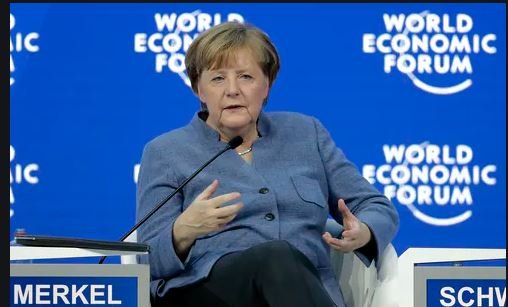Back in 2009, we had the pleasure of watching Vladimir Putin, at the time prime minister of the Russian Federation, at Davos warn us about the dangers of placing too much economic power in the hands of the state.
This may explain why Putin, himself, probably won’t be at the World Economic Forum conference, but there are still large numbers of world leaders and top businesspeople coming together to pay lip service to lofty themes.
The show runs from January 25 to 29 on the World Economic Forum (WEF) website.
It’s like a great fishbowl filled with politicians and pundits – what more could you ask for?
The whole show is online this year, so you can get your chance to hear Merkel talk about the community of nations, or Macron pontificate about free trade.
And, to be fair, it’s not often we get a chance to hear discussions of this quality, in which, sometimes, some ideas that really matter get voiced. After all, there will be more than 1,000 top business leaders knocking their heads together – surely something must shake out.
This year Covid is naturally one of the main topics. “We will look at ways to emerge from the pandemic and to create sound economic growth, and to make the economy more resilient and sustainable,” explains Klaus Schwab, the founder and executive chairman of the WEF.
Despite the rhetoric, the Davos conference will probably offer a chance to learn about what steps our leaders will take to see that the vaccines reach everyone fast enough, and how we will finally get out of lockdown.
Another theme, one that sounds less promising, is how business is moving to a accept the stakeholder principle. While this is undoubtedly true, there’s a real danger that the business leaders will spend a lot of time congratulating themselves for this. But there’s also a real chance that the ways of connecting stakeholder responsibilities to strategy will be explored.
Similarly, public-private collaboration is an area that has seen real development thanks to the work of the WEF, and discussions at Davos have really advanced global practice in what is becoming a key policy area.
And we will, of course, have great interest in the discussions of the Fourth Industrial Revolution – there are always some unknown and fascinating uses of technology in business that come to light under this rubric at Davos.
It’s worth reading over the agenda and trying to guess where, and among whom, the really interesting discussions will take place
Go on, tear yourself away from Netflix for an hour, and see what the great minds are pondering.






Click here to change your cookie preferences